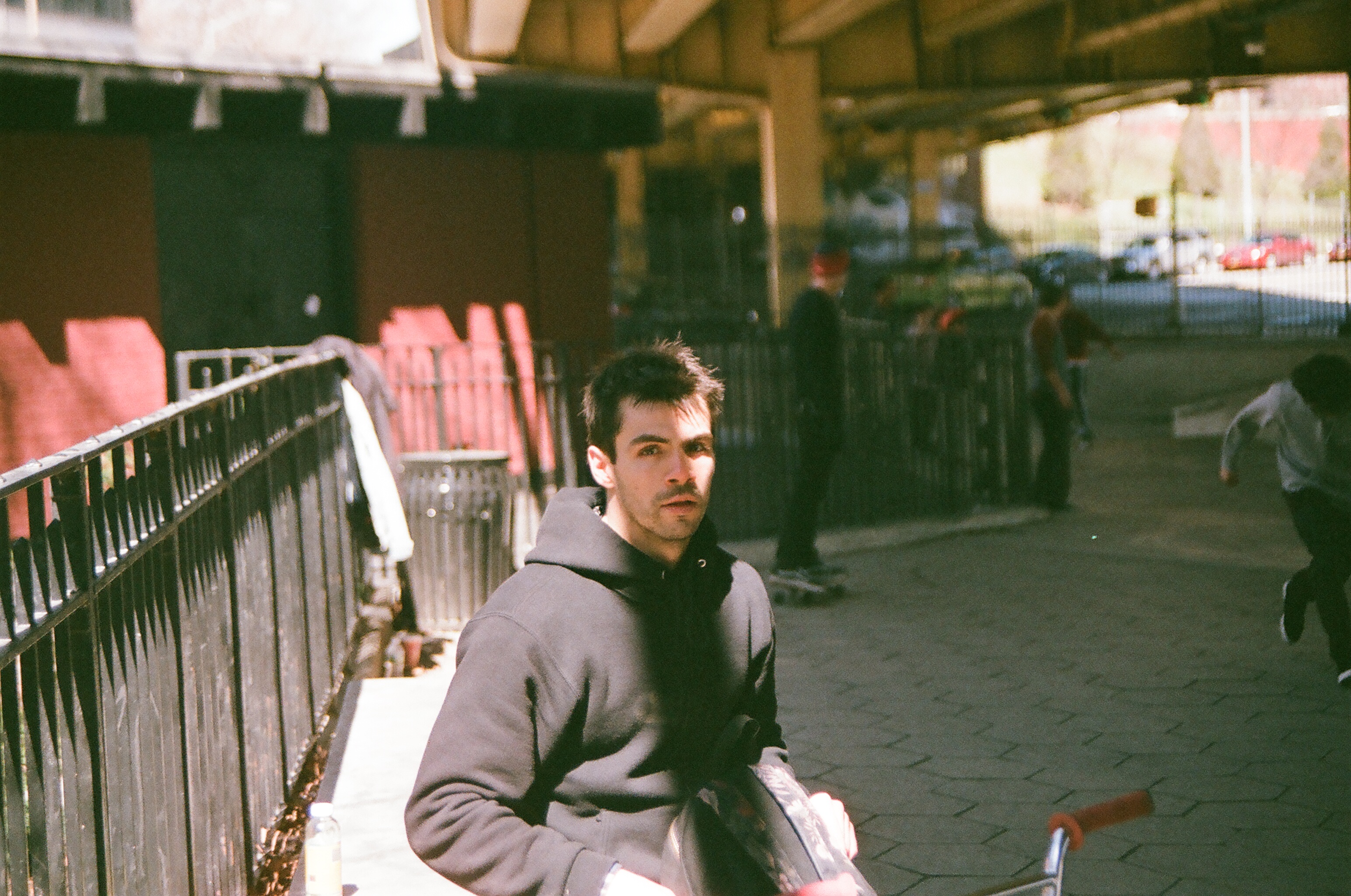Against the Day
Leaving the Südbahn, she gazes backward at iron convergences and receding signal lamps. Outward and visible metaphor, she thought, for the complete ensemble of “free choices” that define the course of human life. A new switching point every few seconds, sometimes seen, sometimes traveled over invisibly and irrevocably. From on board the train one can stand and look back, and watch it all flowing away, shining, as if always meant to be.
p. 811
If there is an inevitability to arrival by water, he reflected, as we watch the possibilities on shore being progressively narrowed at last to the destined quay or slip, there is no doubt a mirror-symmetry about departure, a denial of inevitability, an opening out from the point of embarkation, beginning the moment all lines are singled up, an unloosening of fate as the unknown and perhaps the uncreated begins to make its appearance ahead and astern, port and starboard, everywhere an expanding of possibility, even for ship’s company who may’ve made this run hundreds of times…
p. 821
In those days a large American population was forever passing through Paris, changing addresses or lying about them. Some might’ve been ghosts from the War with unfinished business in the city. But most were the American young, untouched, children with spending money but no idea of what it would or wouldn’t buy, come toddling as if down the dark willow-lined approach to some sort of Club Europa of the maimed and gassed and fever racked, whose members had been initiated by way of war, starvation, and Spanish influenza. Blessedly, there was no telephone at L’Hémisphère, because the owner believed that the instrument was another sort of plague, which would spread through and eventually destroy Montparnasse. Where again would it be possible to leave your note with Octave the barman with such total faith in his character? As soon as the Americans found out there was no telephone, they tended to move on toward the corner of boulevard Raspail and the more famous Dôme, Rotonde, Coupole, and Select.
Sitting here behind a cup of coffee, Dally was able to brood freely about her past, fully confident that in all this rippling interwovenness of desires wise and foolish she would be interrupted at just the right moment, before it got too mopish.
p. 1068
“‘Soir Dally.”
It was Policarpe, an old acquaintance of Kit’s once, she gathered, back in Belgium. “Just out licking a few vitrines. You looked about to get lost in thought. Can’t have that”
…
“We’re in Hell, you know,” he said conversationally.
“Everybody thinks we’re finally out of there,” she said.
A shrug. “The world came to an end in 1914. Like the mindless dead, who don’t know they’re dead, we are as little aware as they of having been in Hell ever since that terrible August.”
“But this”–gesturing round at the blossoming city-“how could this–”
“Illusion. When peace and plenty are once again taken for granted, at your most languorous moment of maximum surrender, the true state of affairs will be borne in upon you. Swiftly and without mercy.”
p. 1077
May we imagine for them a vector, passing through the invisible, the “imaginary,” the unimaginable, carrying them safely into this postwar Paris where the taxis, battered veterans of the mythic Marne, now carry only lovers and cheerful drunks, and music which cannot be marched to goes on uninterrupted all night, in the bars and bals musettes for the dancers who will always be there, and the nights will be dark enough for whatever visions must transpire across them, no longer to be broken into by light displaced from Hell, and the difficulties they find are no more productive to evil than the opening and closing of too many doors, or of too few. A vector through the night into a morning of hosed pavements, birds heard everywhere but unseen, bakery smells, filtered green light, a courtyard still in the shade…
p. 1083

